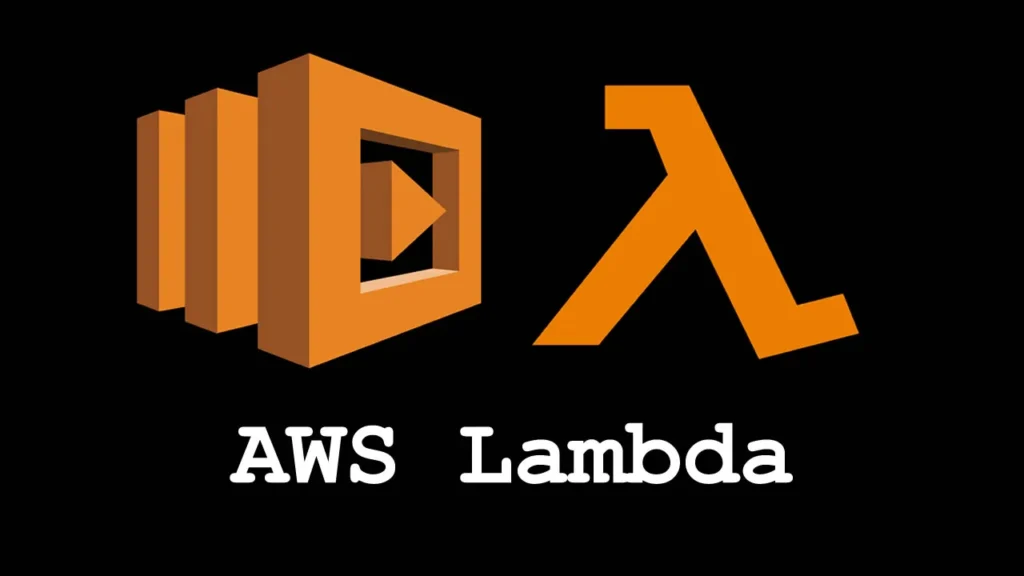In today’s business landscape, organizations must have a robust and efficient application development and deployment process. This process can be challenging, as businesses need to manage infrastructure, scale resources, ensure security and reliability. These challenges can result in higher costs, slower time-to-market, and reduced competitiveness. Organizations need a tool that can help them save valuable resources, time and effort with these challenges and in this article, we share one such tool.
AWS Lambda offers a unique solution to common challenges by providing a serverless computing platform that allows businesses to focus on their application logic without worrying about the underlying infrastructure. With AWS Lambda, developers can write and run their code without needing dedicated servers or infrastructure, resulting in significant cost savings.
What is AWS Lambda?
AWS Lambda is a serverless computing service provided by Amazon Web Services (AWS) that allows developers to run their code without provisioning or managing servers. With Lambda, developers can write and upload their code to the AWS platform. It is automatically scaled and executed in response to events triggered by other AWS services or third-party applications.
Lambda supports various programming languages, including Java, Python, Node.js, C#, and Go, and provides a range of pre-built templates and frameworks that can be used to develop different types of applications.
Benefits of AWS Lambda
-
Cost-Benefit
AWS Lambda offers a pay-per-use pricing model, meaning developers only pay for the time their code is running. This pricing model is ideal for applications with unpredictable or variable workloads, as it allows businesses to only pay for their resources rather than invest in expensive server infrastructure. With no upfront costs or long-term commitments, AWS Lambda will enable enterprises to scale their applications according to their needs without incurring unnecessary costs.
-
Scalability
AWS Lambda automatically scales to accommodate the workload demands of an application. This means businesses do not need to manually scale their infrastructure, which can be time-consuming and expensive. AWS Lambda ensures that an application runs smoothly, even when there are sudden spikes in traffic. This feature makes it ideal for businesses with unpredictable or rapidly changing workloads.
-
Flexibility
The best AWS Lambda supports several programming languages, including Java, Python, Node.js, C#, and Go. This flexibility allows developers to use the language of their choice and leverage pre-built templates and frameworks to build various applications, including web applications, mobile applications, and backend services.
-
Reduced Infrastructure Management
AWS Lambda abstracts the underlying infrastructure management, allowing developers to focus on writing code without worrying about infrastructure provisioning, scaling, or maintenance. This reduces the operational overhead for businesses and enables developers to build and deploy applications faster. It also automatically handles operational tasks like monitoring, logging, and security, allowing companies to focus on their core competencies.
How to Make AWS Lambda Work for Your Brand
1. Identifying use cases for AWS Lambda
The first step is identifying the use cases where AWS Lambda can add value to your brand. AWS Lambda is best suited for applications with unpredictable or variable workloads and use cases where the cost of running traditional server-based infrastructure would be prohibitive. You should identify the use cases where the tool can help you save costs, improve efficiency, and deliver better user experiences.
2. Setting up AWS Lambda
Once you have identified the use cases, the next step is to set up AWS Lambda. You must create an AWS account and a Lambda function containing your code. AWS Lambda supports several programming languages, including Java, Python, Node.js, C#, and Go, so you can choose the language that best suits your needs. You can then upload your code to AWS Lambda, and the service will automatically handle infrastructure provisioning, scaling, and maintenance.
3. Integrating AWS Lambda with your existing systems
You can integrate AWS Lambda with other AWS services, such as Amazon S3, Amazon DynamoDB, Amazon Kinesis, and Amazon API Gateway. This enables you to build complex and highly scalable applications with other cloud-based services and resources. You can also use AWS Lambda to create custom APIs to integrate your applications with third-party systems.
4. Monitoring and maintaining AWS Lambda
Once you have set up AWS Lambda and integrated it with your existing systems, the final step is to monitor and maintain your Lambda functions. AWS Lambda provides several tools for monitoring, logging, and debugging your functions, enabling you to identify and resolve issues quickly.
Utilize the power of AWS Lambda with Exemplifi
With Exemplifi’s proficiency in AWS Lambda, you can expect to have serverless applications designed and deployed easily while ensuring our infrastructure’s security and reliability.
Partnering with Exemplifi and using AWS Lambda will allow us to concentrate on creating excellent products and experiences for our customers without worrying about managing and maintaining servers. With the power of serverless architecture, we can streamline your development process, maximize resources, and ultimately help you achieve your business goals more efficiently.
Contact us today to learn more!


